Welcome
I started this blog in 2013 to share my reflections on reading, writing and psychology, along with my journey to become a published novelist. I soon graduated to about twenty book reviews a month and a weekly 99-word story. Ten years later, I've transferred my writing / publication updates to my new website but will continue here with occasional reviews and flash fiction pieces, and maybe the odd personal post.
|
If you’re going on holiday this summer, you might be tempted to take one of these novels with you. The first focuses on the people who entertain and assist the visitors to a Victorian pier at an English seaside resort across a period of over a century; the second on a family taking a long holiday together on the coast of Finland. But, of course, while it might be all smiles and bonhomie on the surface, there are disconcerting undercurrents to keep you turning the page. Let me know which takes your fancy.
6 Comments
Do houses harbour the shadows of those who lived in them before?
A few months ago, I reviewed two novels about houses with secrets. Here are two more on a similar theme, with a younger couple taking over the home an older woman’s been forced to leave. In the first it’s because she’s dead, but her spectre lingers on; in the second she’s had to move into a retirement home. In both, the young wives become almost obsessed with the previous owner, while their experiences on Valentine’s Day prove a barometer for the state of their marriages. Hot on the heels of two novels about the messy aftermath Zimbabwean independence, come a couple more set in erstwhile outposts of the British Empire as the colonisers depart. Both focus on the experience of minorities favoured by the British who find themselves relegated in the new regimes: Indians in Kenya in Dance of the Jakaranda; the Karen in Burma in Miss Burma. Along with the politics, both explore the impact on identity of religion and race.
No prizes for guessing why I’ve connected these two novels; I don’t think I’ve ever read another book with gravity in the title – although The Weightless World is about a antigravity machine – and then I find two published in the same month. But rest assured, they’re very different reads: in the first, Lotte feels a stronger pull towards the stars in the sky than her earthly attachments; in the second, love is a force that can furnish reconnections across continents and years.
Oh dear! As a Ranger in the Peak District, albeit only as a volunteer on alternate Sundays, I carry a sense of responsibility for the safety of visitors to the National Park. So it’s rather disconcerting to read about two teenage girls, on holiday from London, going missing there in a matter of weeks. Fortunately, both were characters in novels, and both providing the foundation for an engrossing story about the repercussions: the first for the residents of a fictional Derbyshire village; the second for the family of the girl who is found after four agonising days.
I’ve recently been reading two second novels in which a woman sets out to uncover a family’s tragic secret lodged within a large historic house, aided and abetted by a presence that might or might not be a ghost. In the first, the woman and her husband buy a crumbling manor house as a weekend retreat from London; in the second, the woman is employed in the London mansion as carer for a man who can’t throw anything away. Both have strong voices and characterisation, with beautiful descriptions, but differ sufficiently that you could happily read both. For other novels about mysterious houses see Fell by Jenn Ashworth and post What’s haunting these houses?
Given the chance, wouldn’t you live in a comfortable right-on community where none of your neighbours voted for Brexit or Trump? Where people read books, and supported libraries, and no-one hung plastic bags of dog poo from the trees? But you know what would happen if you packed up and moved there? You’d have the neighbours on your back for putting out the bins too early, or letting your dandelions run to seed. Because it’s in the nature of utopian societies to have a downside, often manifest in a denial of our baser human instincts and/or excessive control. It makes great fodder for fiction, however, as I hope to show in my review of Celeste Ng’s latest novel set in 1990s suburban America. Alongside that, I’ve gone back to basics with my first-time read of the original Utopia, published 500 years ago.
Some moral questions to end the year and see us into the next! Is it okay for some to go hungry while others feast? Is it okay that the accident of where we are born, and to whom, determines our life chances? Does it matter that, with modernity and the march of capitalism, the gap between the haves and have nots is widening? Neither this tragicomedy set in Edinburgh nor this scattershot novel set in India have the answers, but they can entertain us while making us reflect on the issues.
From a day in the life of a city in mourning to a week in a busy hospital, in both these novels a large cast of characters tell not only their individual stories, but the story of the settings that shape their interlinked lives.
If we leave home at eighteen, it’s often to a particular kind of institution. For me, as for Selin in The Idiot, that means university; for Billy Lynn, as for many young working-class adults who are less academically inclined, it’s the military. While, as Selin discovers, universities encourage questioning, not all questions are received with equal relish. On the other hand, as Billy learns, the army might discourage independent thought, it can’t prevent his wondering. Will these young people find the answers they’re looking for? Read on!
When I plucked A Separation from my TBR shelf shortly after reading The Squeeze, I wasn’t sure I’d get away with pairing these two novels. After featuring fictional female infidelity a few months ago, introducing you to Mats and Christopher is a way of redressing the gender balance, but neither of these novels is really about the act of sex outside marriage. It wasn’t until I read the much more philosophising A Separation, that it struck me that the more plot-driven The Squeeze is also about the impact on the meaning and relationship status the women (one wife, the other a sex worker) carry in their minds, irrespective of the bonds of legality.
A historical novel about Arctic exploration or a novel set in a near-future South Africa? A romance or an account of a relationship falling apart? A motherless girl or a fatherless boy? Wild animals or ice? Both of these novels explore the conflict and compassion that connects us to the natural world, but it was a bonus for me to read that the protagonist of Green Lion told his friend that his father was killed in a hunting accident in the Arctic, the setting of Under a Pole Star. Read on to see if I was right to pair these reviews.
I didn’t expect to pair these two novels. I’d already begun reading another Second World War novel to accompany The Sixteen Trees of the Somme, and The Angel in The Stone was going to wait for another novel on mental health. But the latter seemed a good fit for the latest flash fiction challenge and, as I’ve mentioned recently, it’s fun to find unexpected links. Both these novels feature families across three generations; address conflict between brothers; are wholly or partly set in Scotland; and showcase the characters’ musical tastes. Both fictional families have hidden some of their history from the younger generation in a manner that makes life just that little bit harder. Read on, and see what you think.
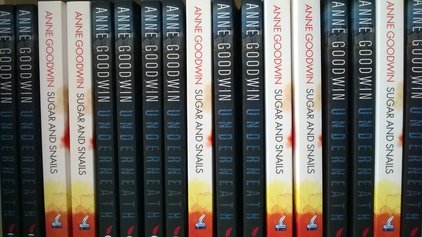 Happy publication day to me! I must admit it doesn’t feel the huge leap it did the first time round, but I’m still excited, albeit not breathlessly so. There’s a quieter satisfaction in having more than one of my own novels on the shelf, making the transition from writer to author to novelist. This post is to thank those who’ve helped me on my way. While writing is a solitary activity, no writer is an island. Our achievements arise through hard work, good luck and not a little help from our friends.
I decided to pair these novels after reading blurbs suggesting both were about young women adapting to significant losses: the mother’s disappearance in Swimming Lessons and a close friend’s suicide in Our Magic Hour. But, on reading the latter, I felt the main character’s issues predated that particular tragedy, originating with a highly ambivalent mother in a difficult marriage. Unfortunately for the character, but very accommodating for my reading and blogging schedule, the same applies to the first novel. I hope one or both of these will appeal but, if not, you’ll find several other posts and reviews on the theme of family dynamics if you follow the link.
I’m sharing my thoughts on two short books from independent publishers, in which a lone man, estranged from himself and the community he’s come from, has to fight for survival after being injured in a storm, the first on land and the other at sea.
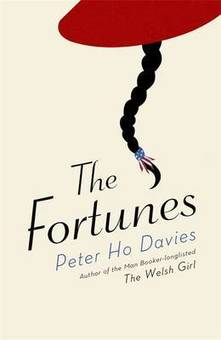 When I was growing up, it was said that every fourth child was Chinese. As the fourth child of a white working-class Catholic family, I saw no contradiction in applying that logic to myself. I don’t remember how and when I was disabused of this notion, but I imagine being disappointed. Although probably too young to have a concept of Chinese identity (I think it was prior to my family frequenting Chinese restaurants), the idea of being different made perfect sense. Perhaps that’s what attracts me to reading and writing about diversity, but the Chinese are still relatively unrepresented in my fictional world (Everything I Never Told You an exceptional exception). So, having enjoyed his debut, The Welsh Girl, I looked forward to having my horizons widened by Peter Ho Davies’ new novel about Chinese-American identity, courtesy of Sceptre Books. Not really, of course! But I thought it would be fun to combine my reviews of two novels with “Everything” in the title, especially when both explore the nature of memory and require the reader to work a little harder to figure out who is speaking sometimes. Oh, and they both have blue covers!
|
entertaining fiction about identity, mental health and social justice
Annecdotal is where real life brushes up against the fictional.
Annecdotist is the blogging persona of Anne Goodwin:
reader, writer, slug-slayer, tramper of moors, recovering psychologist, struggling soprano, author of three fiction books. LATEST POSTS HERE
I don't post to a schedule, but average around ten reviews a month (see here for an alphabetical list), some linked to a weekly flash fiction, plus posts on my WIPs and published books. Your comments are welcome any time any where. Get new posts direct to your inbox ...
or click here …
Popular posts
Categories/Tags
All
Archives
March 2024
BLOGGING COMMUNITIES
|
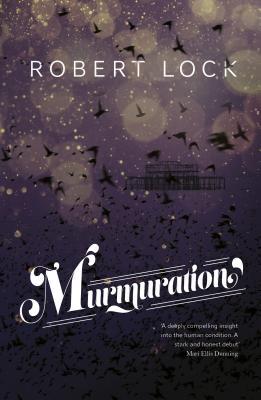
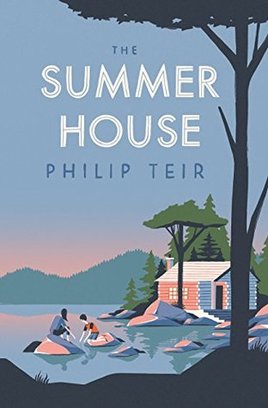
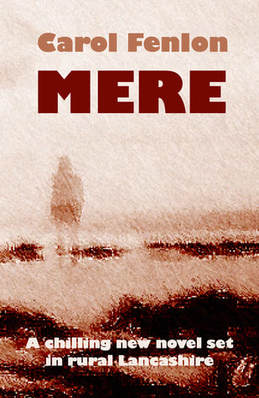
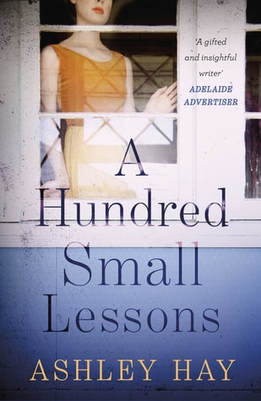
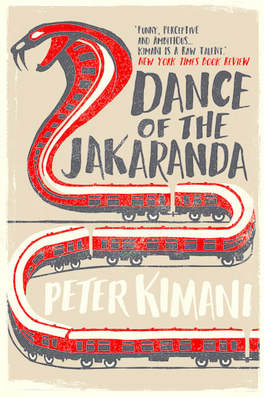
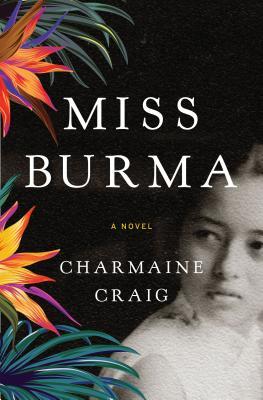
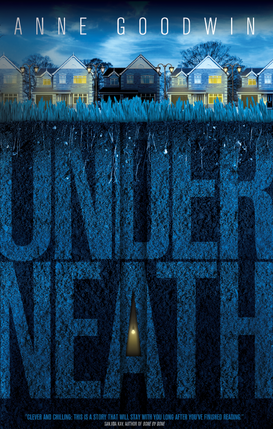
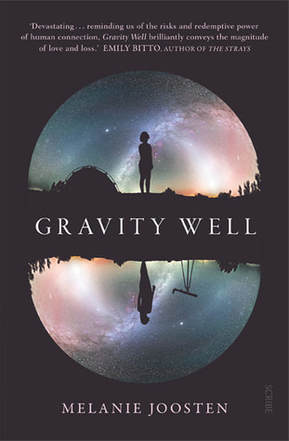
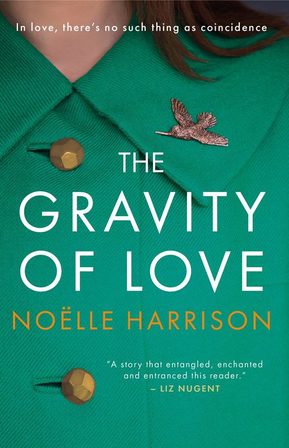
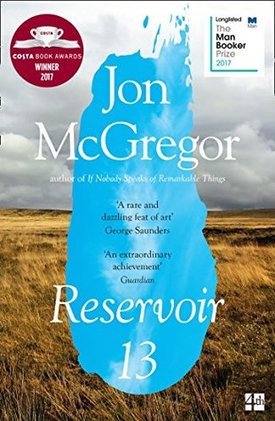
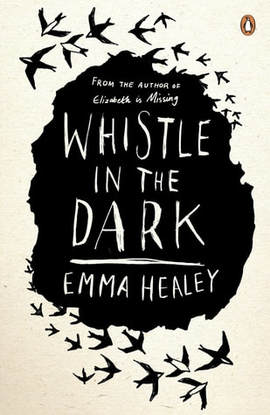
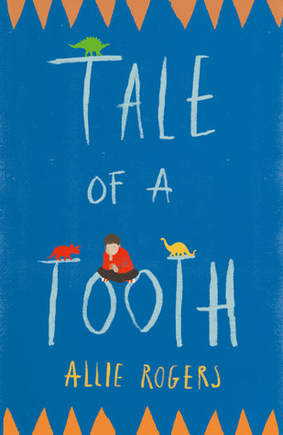
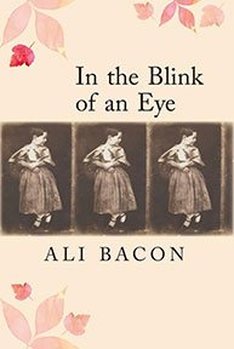
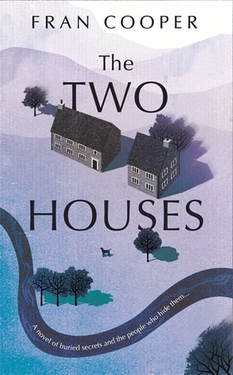
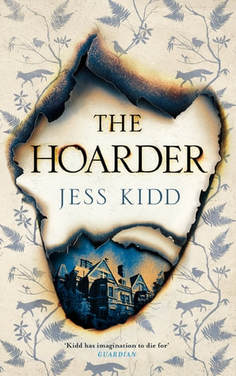
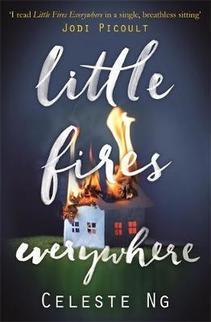
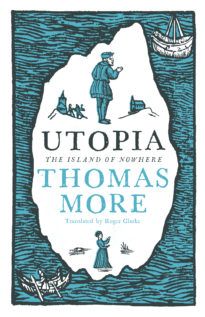
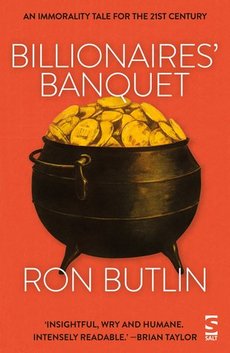
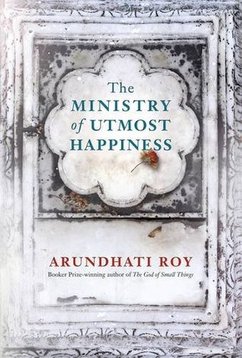
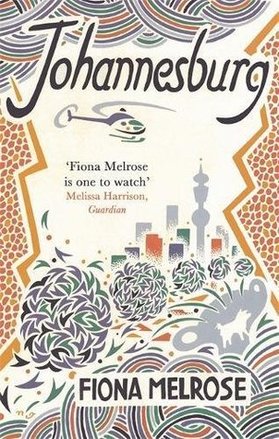
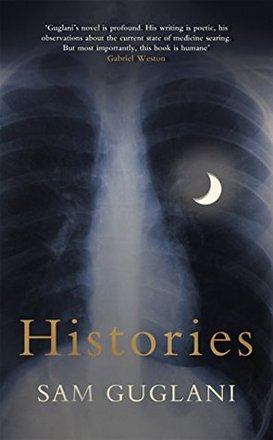
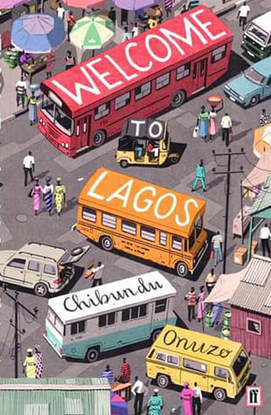
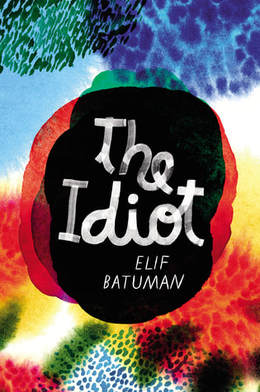

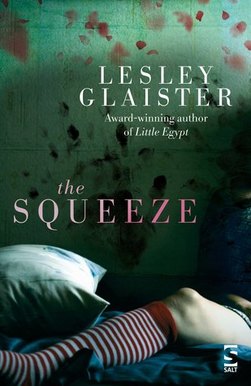
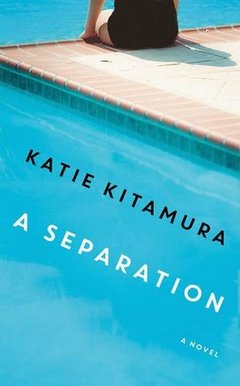
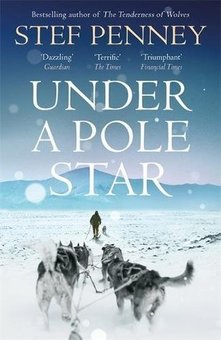
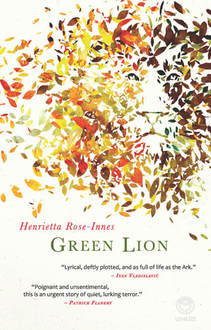
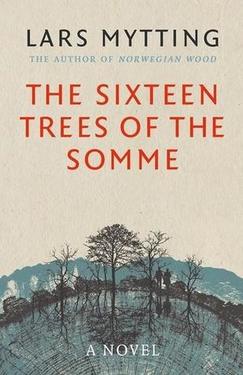
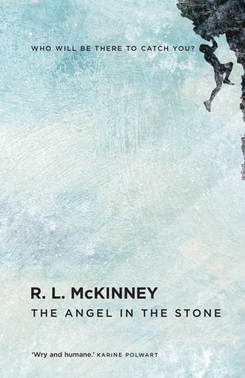
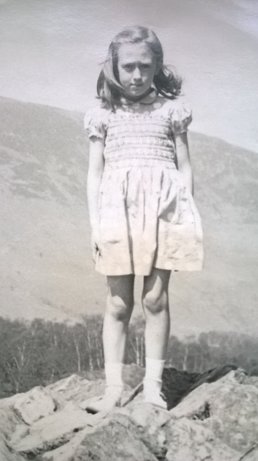
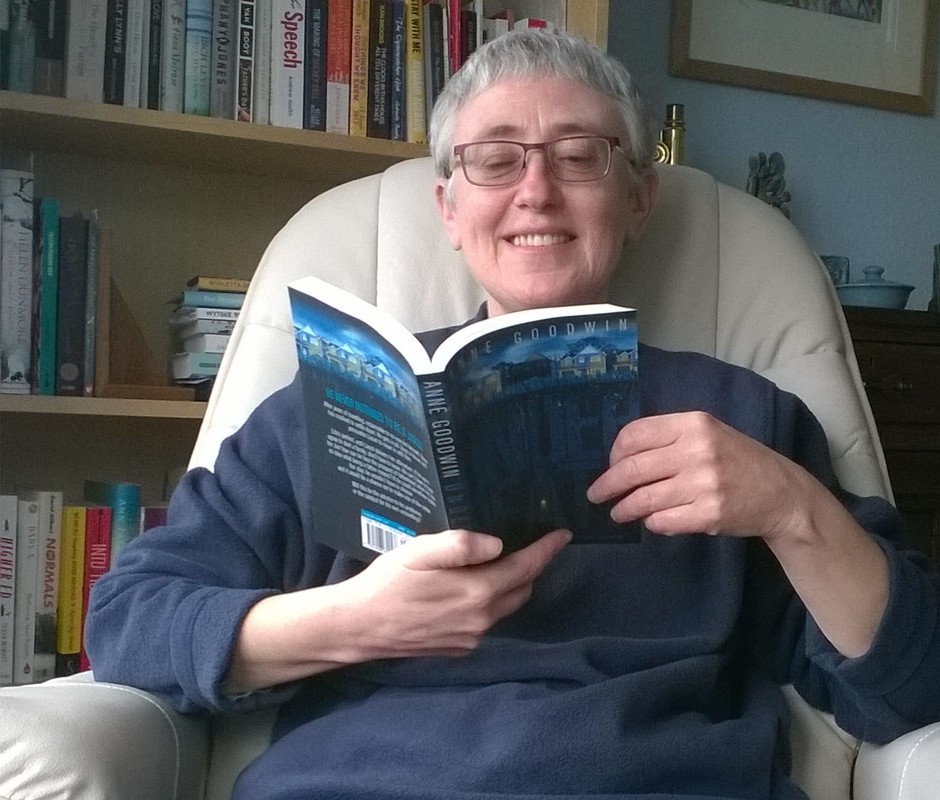
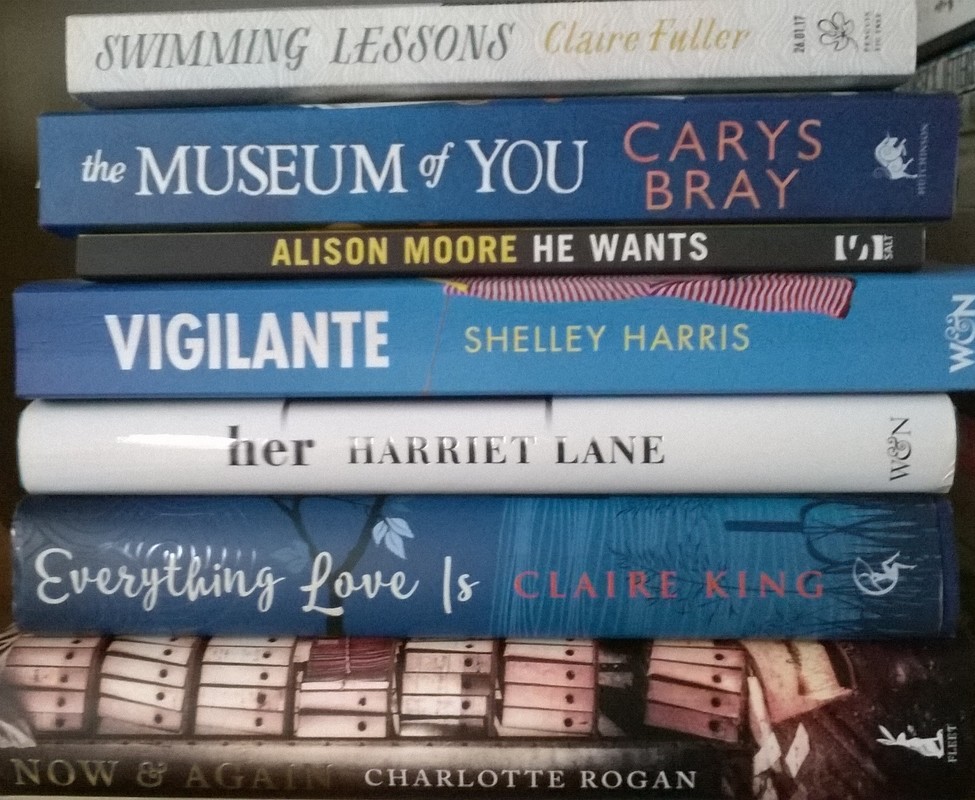
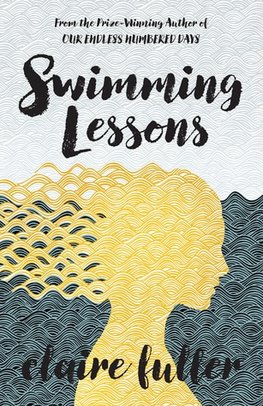
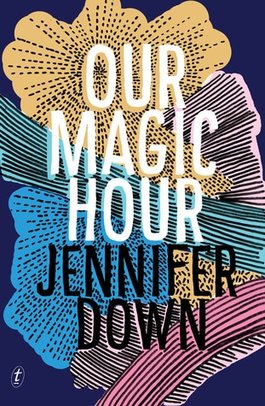
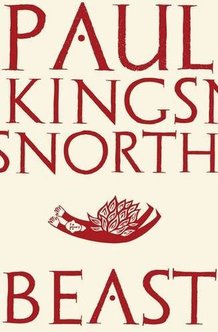
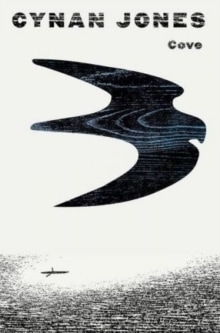
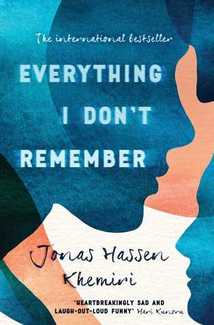
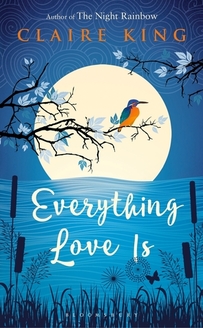





















 RSS Feed
RSS Feed





















